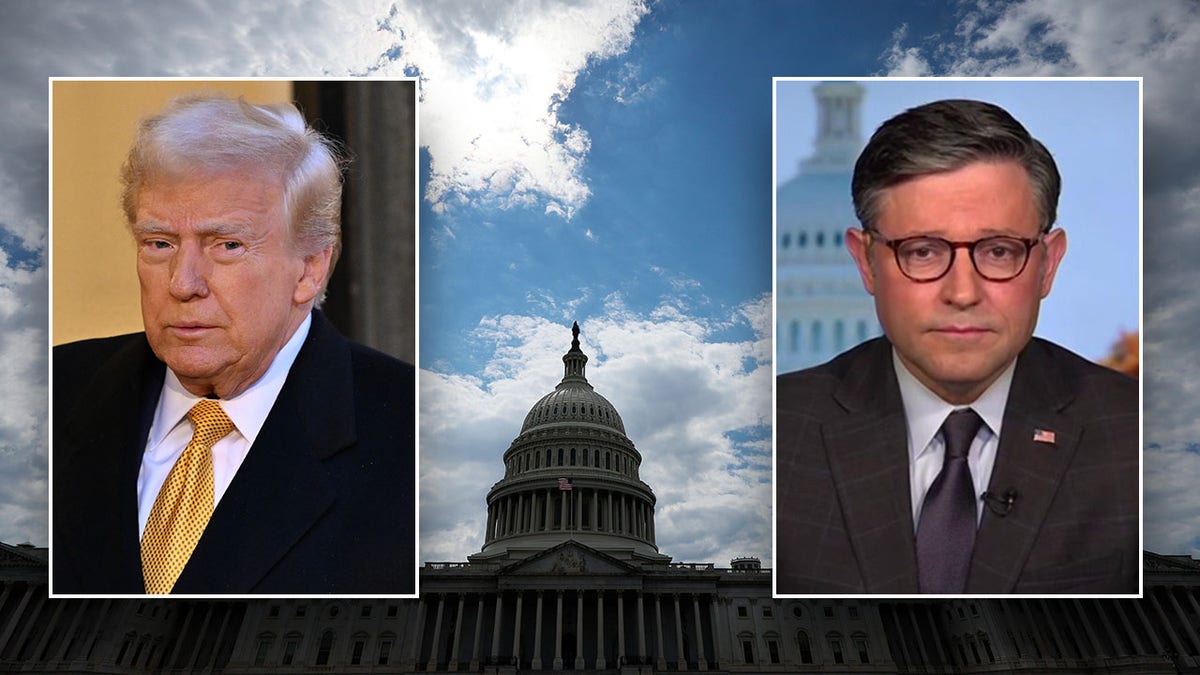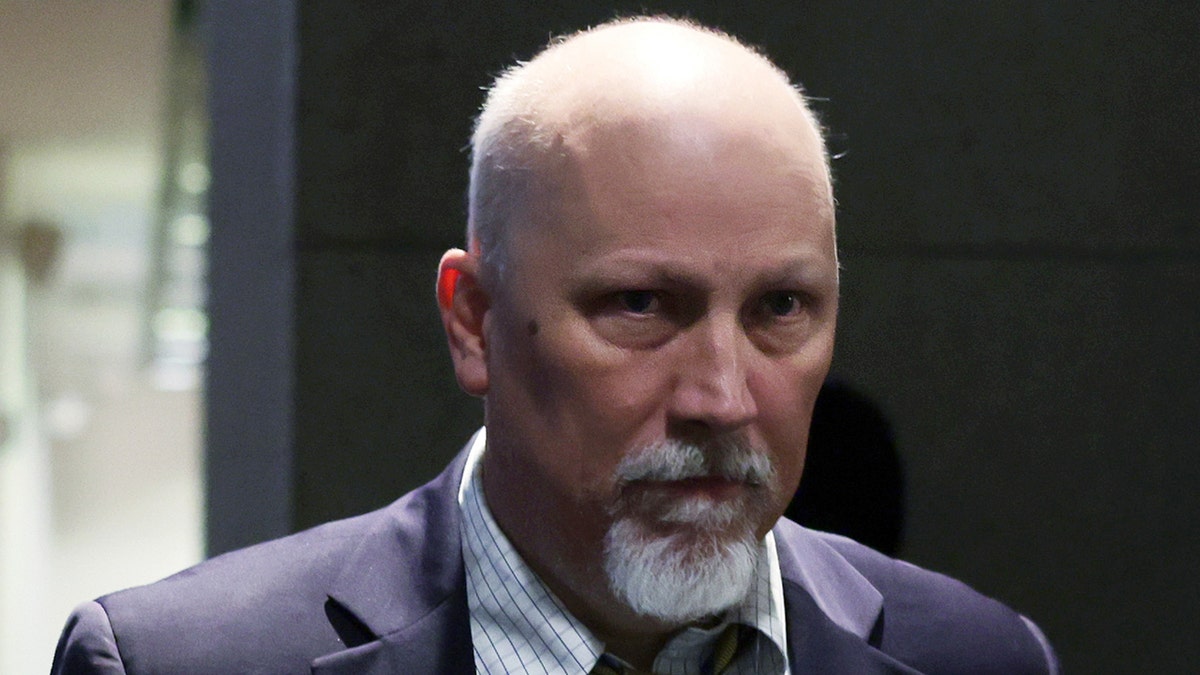Republican lawmakers are facing internal divisions over a proposed budget plan aimed at enacting former President Donald Trump's agenda. The ambitious proposal, which seeks a significant conservative policy shift, has encountered pushback from various factions within the GOP, raising questions about its viability.
Several members of the House Freedom Caucus have expressed concerns. Chairman Andy Harris suggested modifications might be necessary before a floor vote. Rep. Eric Burlison criticized the plan's spending cuts as inadequate, predicting a continued "debt spiral." Other caucus members, including Reps. Chip Roy, Ralph Norman, Andrew Clyde, and Josh Brecheen, have withheld their support for the proposal, potentially jeopardizing its passage in the House Budget Committee.

House Speaker Mike Johnson is working to navigate these complex intra-party dynamics to advance the former president's priorities. Republicans are utilizing the budget reconciliation process, which requires a simple majority in the Senate, to bypass potential Democratic opposition. The House and Senate budget committees are tasked with developing a framework to guide other committees' funding allocations.
While the Senate Budget Committee has approved its plan, the House committee's vote on its proposal faces uncertainty. The opposition of four conservative members could be enough to block the resolution from progressing to the House floor. Additional concerns have been raised by other Republicans, including Rep. Eli Crane, who criticized the proposal's level of fiscal cuts.

The proposed bill aims for a $1.5 trillion reduction in federal spending over ten years, alongside $300 billion in increased spending for border security and national defense. It also includes a $4 trillion increase in the debt ceiling, a key demand of former President Trump. However, the plan's allocation of $4.5 trillion for extending the Trump-era tax cuts has sparked unease among members of the House Ways & Means Committee, who argue that the figure is insufficient.
This internal dissent within the GOP highlights the challenges facing House leadership in advancing the former president's legislative agenda. The differing priorities and concerns within the party threaten to derail the budget proposal and complicate the reconciliation process.
Republicans intend to use reconciliation to enact a range of Trump's priorities, including increased funding for law enforcement and border security, as well as tax changes. The Senate's approach of addressing border, energy, and defense priorities first, followed by tax cuts in a separate bill, has been rejected by House leaders, who fear the tax cut extensions might expire before a final agreement is reached.
Comments(0)
Top Comments